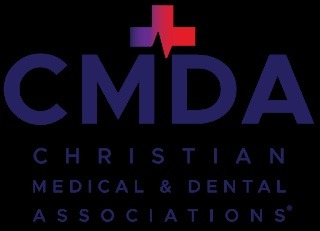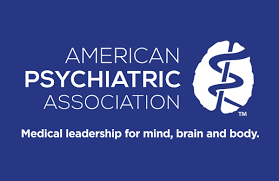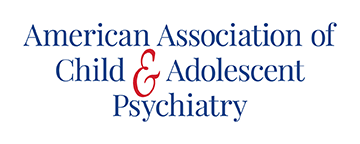After-hours triage: Closed
Deceptive Marketing and tactics
1. Appeal to Popularity and Authority
This approach suggests that a treatment is effective because it is widely used or endorsed by influential figures. However, popularity and authority do not equate to scientific validity. Medical efficacy should be determined through rigorous research, not public opinion or celebrity endorsements. PubMed Central
2. Post Hoc Reasoning
This fallacy assumes that if a patient's condition improves after a particular treatment, the improvement must be due to that treatment. This overlooks other factors like the natural progression and variability of the illness or placebo effects, leading to false attributions of efficacy. PubMed Central
3. Misrepresentation of the Placebo Effect
Some practitioners acknowledge that certain treatments function primarily as placebos but argue that their use is justified because they produce real improvements. While the placebo effect can lead to symptom relief, relying on treatments known to be ineffective beyond this effect raises serious ethical concerns about patient deception.
4. Claims of Immunity to Scientific Testing
Practitioners may assert that their methods cannot be evaluated by conventional scientific means due to their individualized or holistic nature. This stance can be a tactic to evade scrutiny, as most treatments can and should be subjected to empirical testing to establish their safety and effectiveness.
5. Naturalistic Fallacy
This tactic promotes treatments as superior or safer simply because they are "natural." However, not all natural substances are beneficial, and some can be harmful. The safety and efficacy of a treatment depend on scientific evaluation, not its natural origin.
6. Straw Man Arguments
Critics of integrative medicine may be misrepresented as dismissing holistic or patient-centered care. In reality, the concern lies with the use of unproven or pseudoscientific treatments, not with the principles of comprehensive patient care.
7. Cherry-Picking Evidence
Some practitioners selectively present data that supports their treatments while ignoring studies that contradict their claims. This biased approach can mislead patients about the true efficacy of an intervention.
8. Overemphasis on Anecdotal Evidence
Relying heavily on personal stories or testimonials can be misleading, as these do not constitute reliable evidence of a treatment's effectiveness. Anecdotes lack the scientific rigor needed to establish causation.
9. Complex Jargon and Pseudotechnical Language
Using elaborate or scientific-sounding terminology can create an illusion of credibility, making treatments seem more legitimate without substantive evidence.
10. False Dichotomy Between Conventional and Alternative Medicine
Presenting conventional medicine as solely symptom-focused and alternative medicine as addressing “root causes” oversimplifies healthcare. Evidence-informed medical practice should integrate symptom management while addressing underlying causes based on scientific evidence.
11. Misuse of Laboratory & Observational Data
Some practitioners extrapolate lab results (often from animal studies) to human health or use observational data to support dietary or treatment claims—without solid scientific backing. Without rigorous testing, these claims remain speculative at best.
Contact
Connect
Call: (817) 518-4028
© 2025. All rights reserved.
Location Details
Address
Ste 105, 5004 Thompson Terrace, Colleyville, TX, 76034






Fax: (817) 259-2614